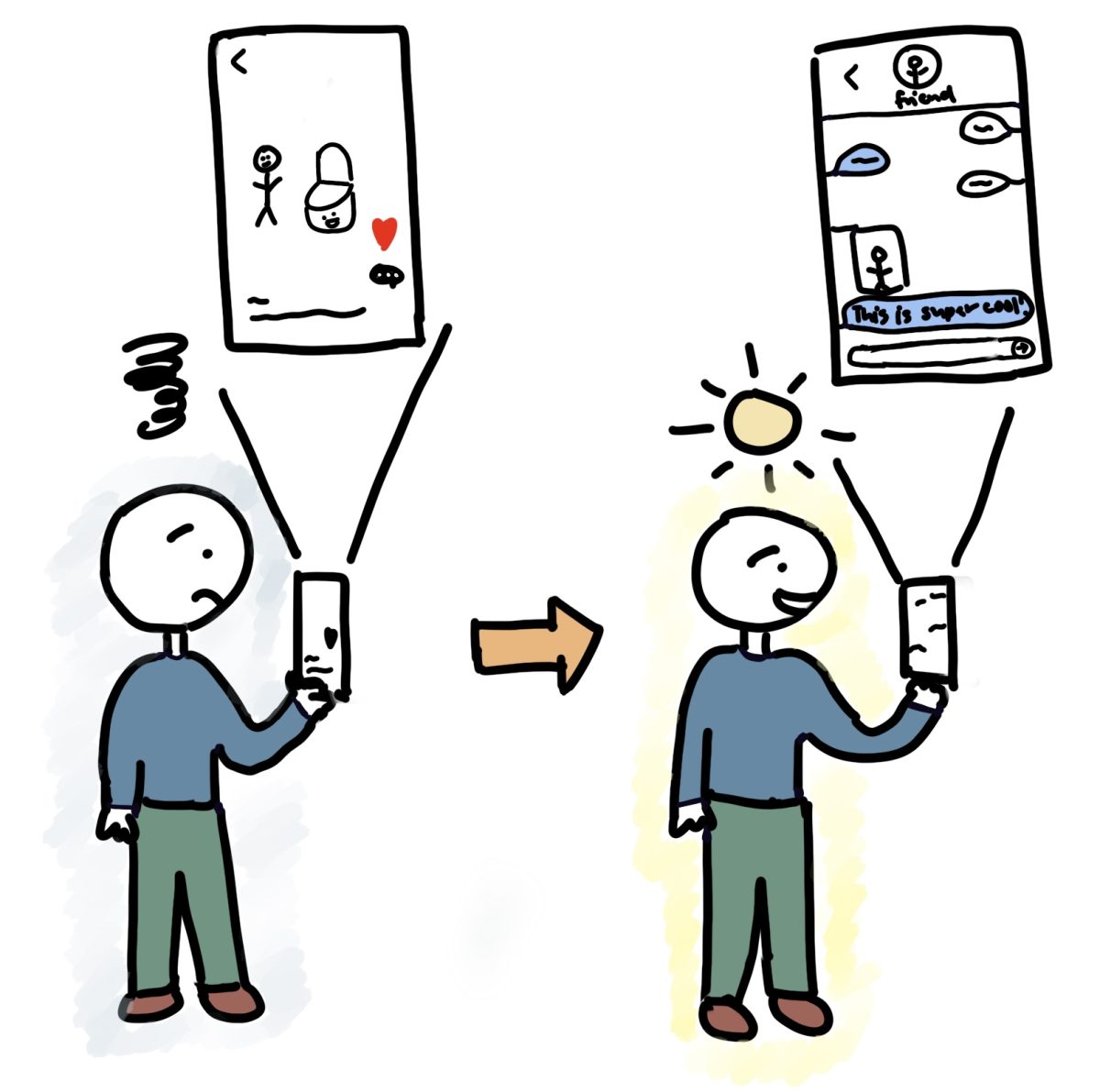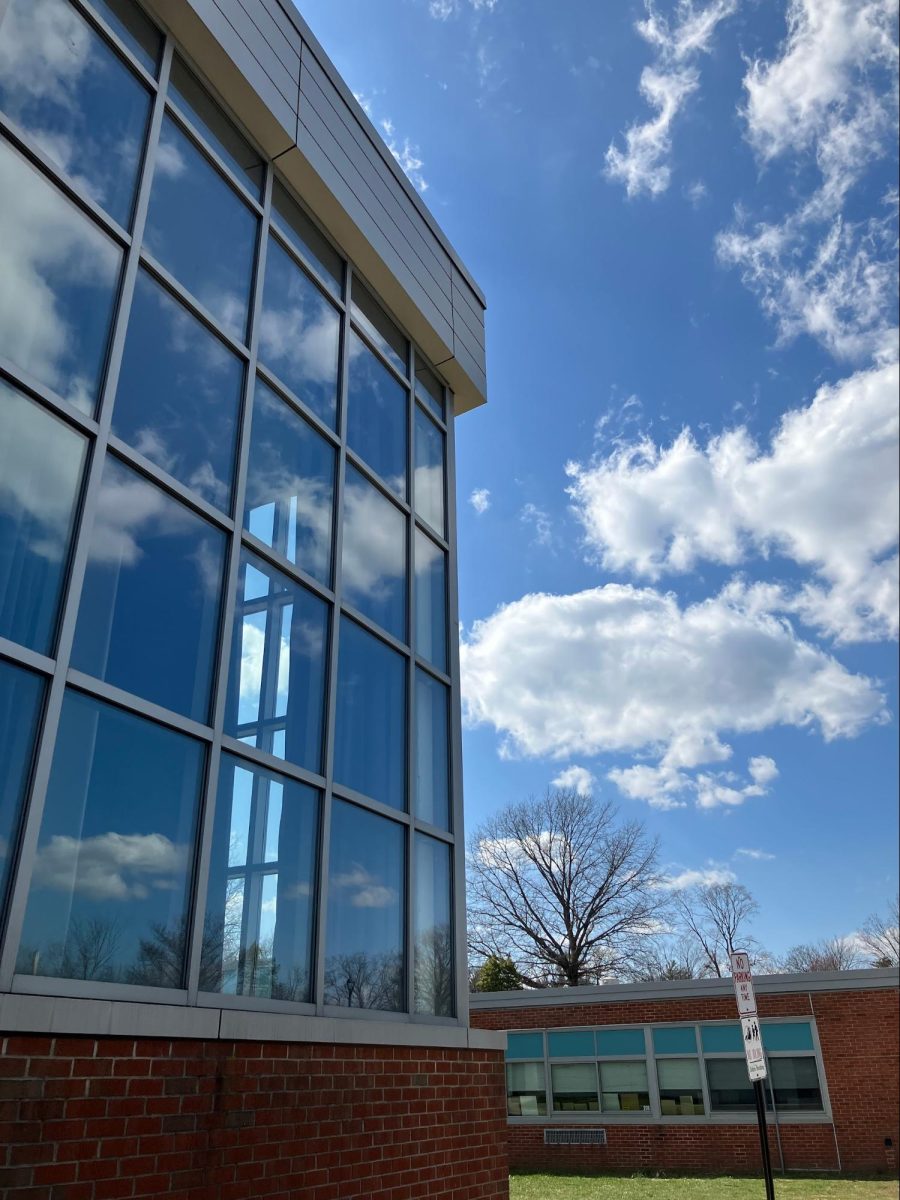By Allisen Lichtenstein and Ethan Volk
Helping others is a key concept in our society. All over the world, people go out of their way to lend a hand to a stranger in need. Often times we perform these deeds without even thinking about it. But maybe we should think about it. Do people help others and do good deeds because they truly care for a cause? Or are they doing it because of a different motive? Does it even matter?
There are two ways in which we give to others: direct charity and indirect charity. These two courses of action have very different impacts. Direct charity usually has greater meaning—it is motivated by some greater passion—because it is usually more time-consuming and more personal. Whether you are visiting senior citizens at a senior center or tutoring a young child, usually a genuine interest is the driving force for such face-to-face contact. This true passion typically leads to successful results—a smile on a senior’s face or a good grade on the child’s test.
Indirect charity usually involves donating goods, such as money or food to organizations. This type of charity is another way to give; however, it is far less personal, and the people who usually give to charity indirectly are less passionate about the cause.
The driving force of most charity work is passion. For real success, a true interest has to be the incentive. When people are truly passionate, they go the extra mile: campaigning to raise money, doing hands-on work, educating people, and raising awareness. Without that passion and focus, efforts may not be as successful.
When we think about what drives South students to be involved in charity and volunteer activities, the same ideas apply; passion is a driving force that makes South’s students do what they do. Looking at the St. Baldrick’s event, for example, the students that run and participate in that event truly care for the cause they are helping. Without that passion, students wouldn’t even think about shaving their heads for cancer.
Even though there are many students who have a genuine drive to help, there are also those that help just to “look good.” Knowing that involvement in charity events and volunteer work is a valuable piece to put in a college application, students occasionally volunteer without passion, without drive, and are only there to say that they participated.
So when you bring in that can of food, or you’re at that senior home, ask yourself a question: what is your true purpose? If you’re doing these actions just to impress, it may be time to realize what you’re doing is supposed to be for the greater good—not to bolster your chances of getting in to college.
Categories:
Lending a Hand To Impress Won’t Get You Success
October 3, 2014
0
Tags:
More to Discover












